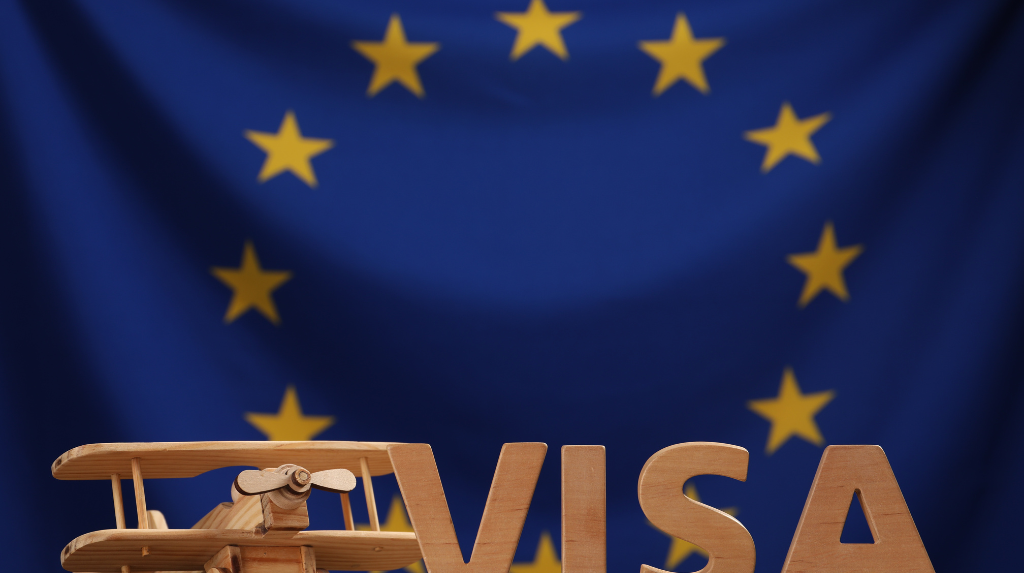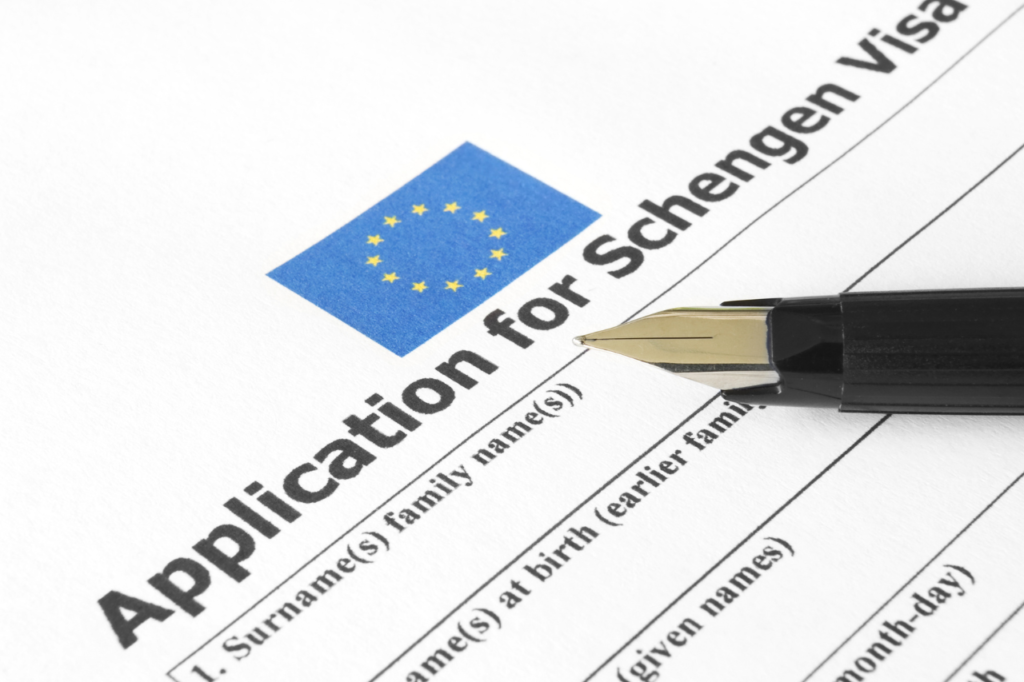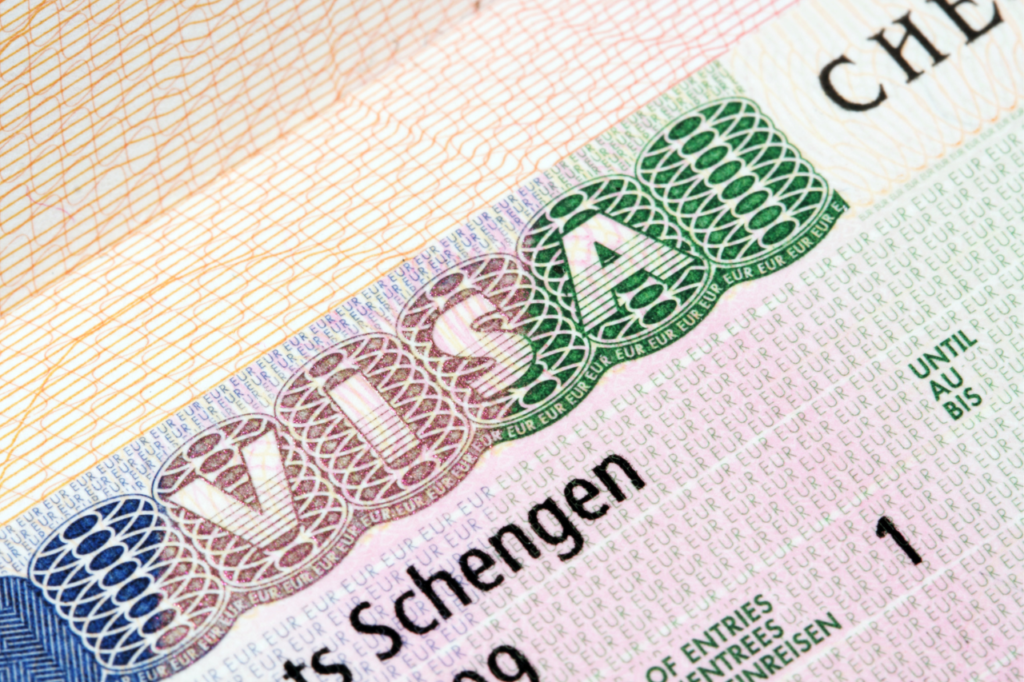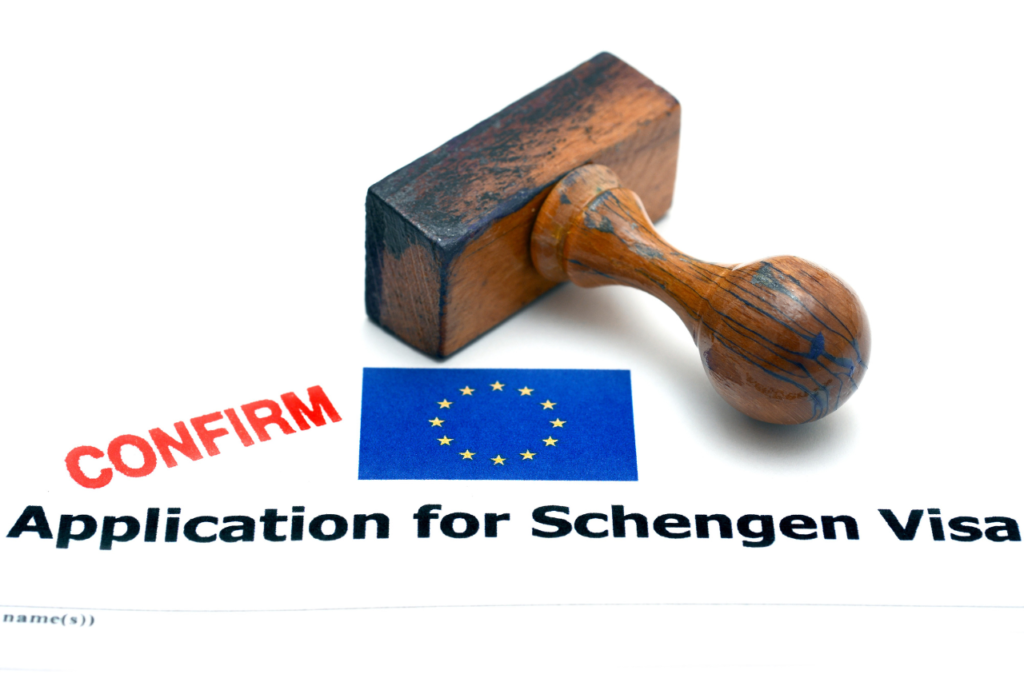For Canadian citizens, the Schengen Agreement makes it easy to explore Europe’s diverse landscapes and cultures. This agreement simplifies travel across multiple European countries. In this guide, we’ll cover everything you need to know about applying for a Schengen Visa in Canada, including steps, requirements, and tips for a smooth travel experience.
Unveiling the Schengen Visa: Gateway to European Adventure
The Schengen Area offers seamless travel across multiple European countries for Canadian passport holders. With the Schengen Visa, you can explore Europe for up to 90 days within 180 days, enjoying hassle-free movement without border checks. Started in 2024, Canadians will also need an ETIAS visa for entry as part of their requirement.
The Essentials: Documents for Schengen Entry
To ensure a smooth application process, you will need:
- A Valid Canadian Passport: Ensure it is valid for at least three months beyond your intended departure date from the Schengen area.
- Purpose of Travel: Be prepared to clearly articulate the reason for your visit, whether for tourism, business, or other legitimate reasons.
- Financial Proof: Demonstrate sufficient financial means to support yourself during your stay.
- Compliance with Entry Requirements: Make sure you meet the specific entry requirements of the Schengen country you are planning to visit.
Eligibility and Application Process
Who Can Apply:
While Canadian citizens do not need a visa for short stays, non-Canadian citizens living in Canada may need a Schengen Visa depending on their nationality.
Where to Apply:
- Apply at the embassy or consulate of the country that is your main destination.
- If visiting multiple Schengen countries without a main destination, apply at the embassy or consulate of the first country you will enter.
Navigating the Embassy Landscape in Canada
Depending on your location in Canada and your destination in Europe, you may need to apply at different consulates or embassies. However, It’s crucial to apply at the correct embassy based on your main or first destination within the Schengen Area.
Crafting Your Application: The Tapestry of Documentation
Embarking on the visa application journey demands meticulous attention to detail, weaving together the fabric of required documents to ensure a seamless process:
- Completed Application Form: Accurately filled out and signed.
- Recent Passport-Style Photos: Adhering to the required specifications.
- Travel Itinerary: Including proof of round-trip ticket bookings.
- Accommodation Details: Hotel reservations or an invitation letter from your host.
- Travel Health Insurance: Valid throughout the Schengen Area with minimum coverage for medical emergencies.
- Financial Statements: Recent bank statements or other proof of sufficient funds.
Gearing Up for Your European Adventure:
Additionally, securing a Schengen Visa requires careful planning and attention to detail. By thoroughly preparing and understanding the visa application process, you’ll be set for a rewarding trip across Europe, experiencing its vast beauty and cultural diversity.
The Future Beckons: ETIAS and Beyond:
Starting in 2024, Canadian citizens will need to obtain an ETIAS authorization before traveling to Europe. This new system also aims to enhance security and streamline border checks, ensuring a smooth travel experience across the Schengen Area, much like the Schengen Agreement has done in the past.
How can I ensure my passport meets the Schengen visa requirements
To ensure your passport meets the Schengen visa requirements, follow these key guidelines:
Passport Validity
- Validity Duration: Your passport must be valid for at least 3 months beyond your intended departure date from the Schengen Area. For multiple-entry visas, it should be valid for at least 3 months after your last exit from the Schengen countries.
- Age of Passport: The passport should not be older than 10 years at the time of your application. This means it should have been issued within the last decade and should not have been extended.
Physical Condition of the Passport
- Blank Pages: Ensure that your passport has at least two blank pages. These pages are required for affixing the visa sticker and for any entry/exit stamps during your travels.
- Damage Check: The passport must be in good condition. Avoid submitting a damaged passport, which includes issues like torn pages, water damage, or a detached cover, as these can lead to rejection of your application.
Additional Considerations
- Personal Information: Your passport should contain essential personal details such as your full name, date of birth, nationality, and a recent photograph that complies with international standards.
- Signature: Ensure that you have signed your passport; an unsigned passport may be deemed invalid.
By understanding these key aspects and preparing accordingly, Canadian citizens and residents can ensure a seamless and enjoyable travel experience to Germany and other Schengen countries. Whether you are embarking on a short vacation or a longer cultural exploration, having the right information and documents ready will pave the way for a memorable European adventure.
How Law and Visas Can Help?
At Law and Visas, our team of expert immigration consultants is here to make your travel to Germany straightforward and successful. Whether you’re applying for an Airport Transit Visa or a Long Stay Visa, we handle every step—from preparing your application to gathering the required documents.
Our Immigration Consultants and Lawyers ensure that your application meets the highest standards, with no details missed. We’ll also keep you informed throughout the process and coordinate with the immigration office or embassy on your behalf.
Law and Visas have a strong record of helping clients secure the visas/permits they need to visit Germany. You can call us today at +234 812 5505 986 to learn how we can help you.





